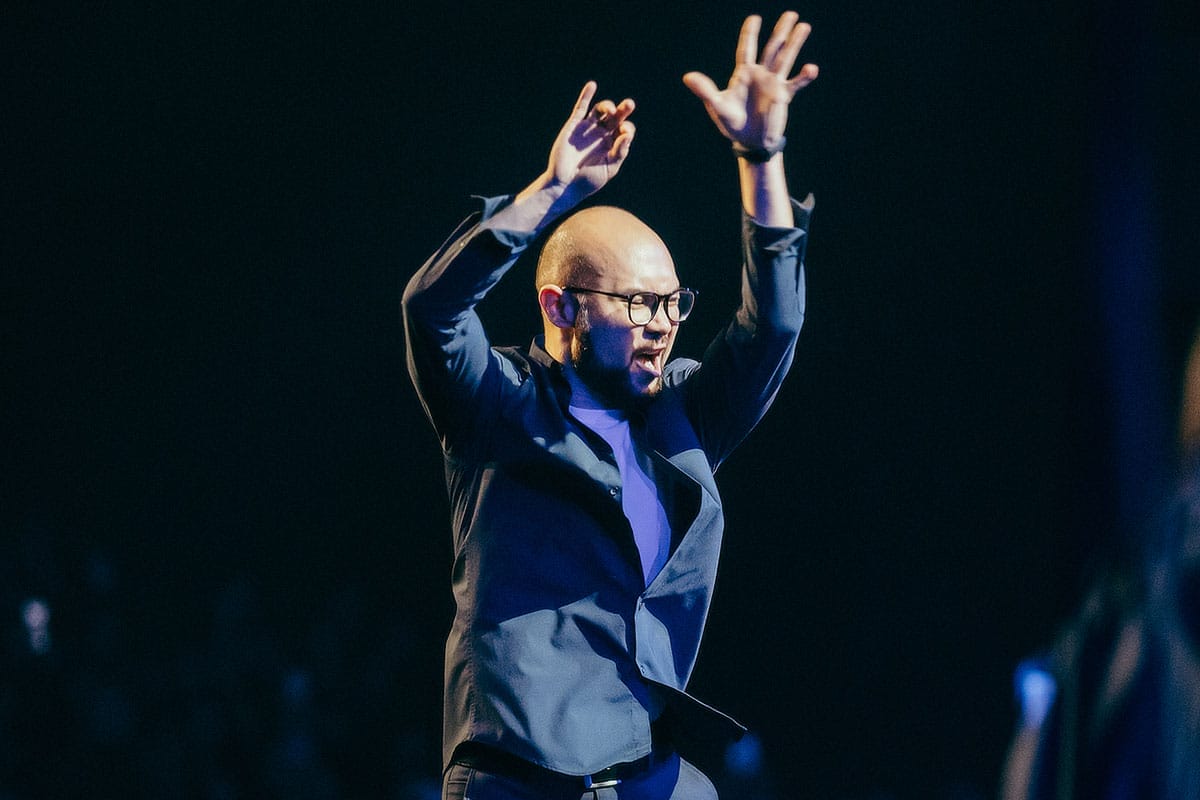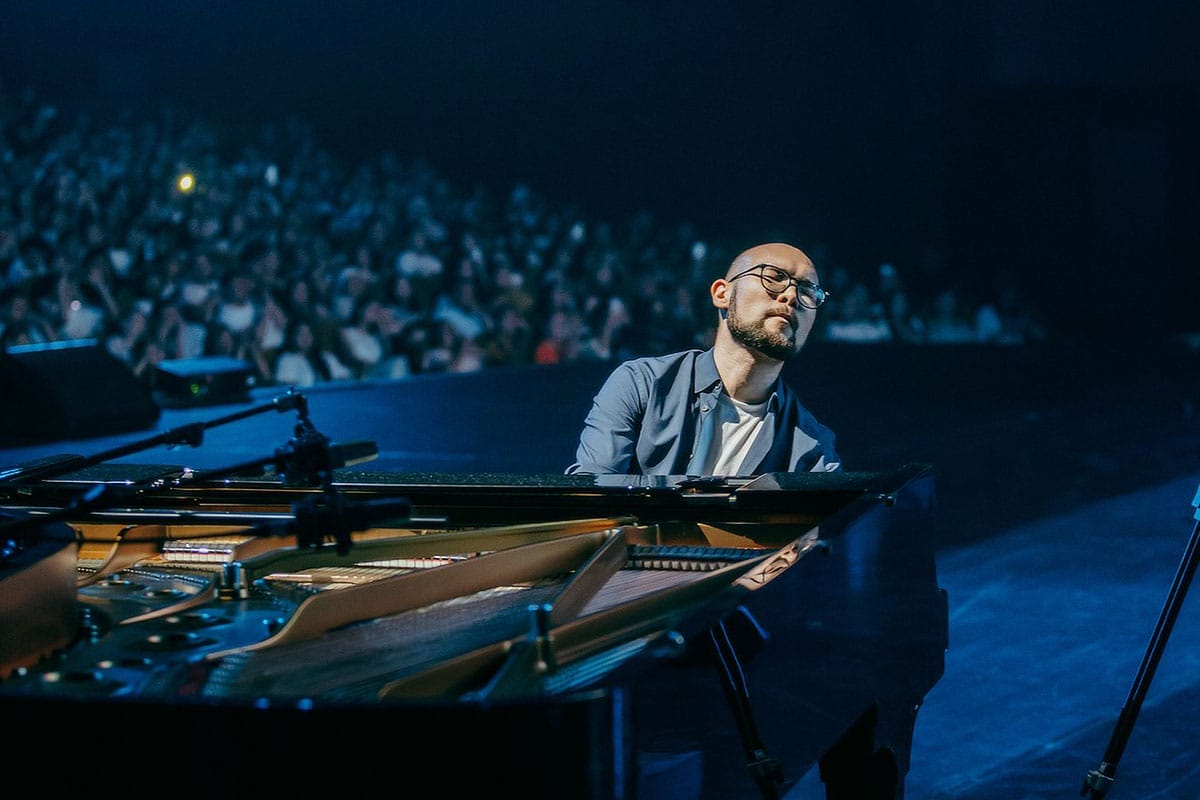Once walled off in formal institutions and specialised festivals, contemporary chamber music is gaining renewed attention across art galleries, theatres, and underground clubs around the world. Like a tightly written indie drama, chamber music doesn’t rely on spectacle; its resonance lies in the honesty of the performance, the subtle interplay between musicians, and the immediacy of live sound.

No longer reserved for music purists, the genre is finding its ground today in a new wave of open-eared listeners, ready to be swept away. And for one night only at Dewan Filharmonik Petronas, BN Team Ensemble brought the emotive arc to life with their widely toured production, The World’s Best Music. A cinematic tribute to some of the world’s most celebrated film composers, the ensemble featured stirring scores from Ennio Morricone, Ludovico Einaudi, Joe Hisaishi, and Yiruma, alongside familiar themes from Game of Thrones, Titanic, The Great Gatsby, and Bridgerton.

“Emotion comes first,” said Yernar Nurtazin, when asked what he listens for first in a film score. “I listen to what I feel, whether it’s tension, tenderness, or wonder. Only then do I notice how it’s done with the instruments and harmony. Film music is a language of feeling. And feelings always speak first.” Best known for his emotionally charged renditions of screen music, the Kazakhstan-based conductor, pianist, and co-founder of the ensemble has led the group in staging more than 200 sold-out concerts across the globe.

In today’s hyper-digital world, where music streaming offers instant gratification, many have lost touch with the integrity of live music. But Nurtazin hasn’t. He remains a passionate advocate for live orchestral music. “Nothing replaces the feeling of real sound, in a real space, shared with real people,” he expressed. “Live music reminds us we’re human—that beauty breathes, resonates, and moves us in the moment. It’s not just heard, it’s felt. And that’s why it still matters.”

The two-and-a-half-hour performance transported audiences through a crescendo of sound and sentiment, ranging from awe to nostalgia. For Nurtazin, each piece is carefully chosen to contribute to the narrative flow. “We’re essentially telling a story through music. The goal is to take the audience on an emotional journey in just one evening,” he explained. “We usually begin with a strong opening, then transition to a tender or dreamy middle, and then end on a high note with something unforgettable that stays in your heart.”

Perhaps that’s why Kiss the Rain by Yiruma held a special kind of weight. It’s also a piece Nurtazin holds especially close: “It’s simple, but full of soft emotion. Every note feels like a memory. When I play it, I feel calm and honest—like I’m really myself.” That quiet sincerity was unmistakable, casting a hush over the room. Even so, My Heart Will Go On from Titanic was the emotional juggernaut everyone waited for. Not for the faint-hearted, the piece was beautifully arranged, from its haunting opening to its gripping, full-bodied climax.

However, amid a well-curated repertoire, House of the Dragon demanded the most of Nurtazin, both creatively and emotionally. The piece spotlighted the kyl-kobyz, a traditional Kazakh string instrument with a soulful, ancient sound. The difficulty, he noted, lay not only in balancing its folk timbre with a classical ensemble, but in expressing something deeper: the spirit of Kazakh identity. “We really put our hearts into it, and I hope it touches something special in the audience,” he shared.

There’s a reason why great film music stays with us for years, playing in our minds long after the screen fades to black. It all comes down to the emotional truth a score carries. “Unforgettable film scores evoke strong emotions and deepen the story. The music helps us feel what the characters feel, making key moments even more powerful,” Nurtazin said. “A great score doesn’t just play in the background—it tells its own story.”




